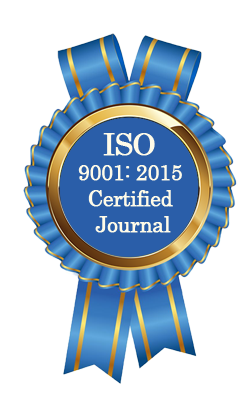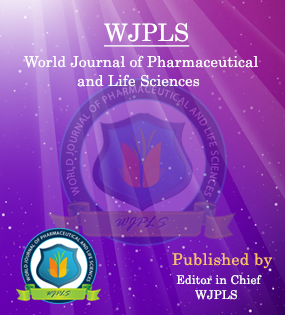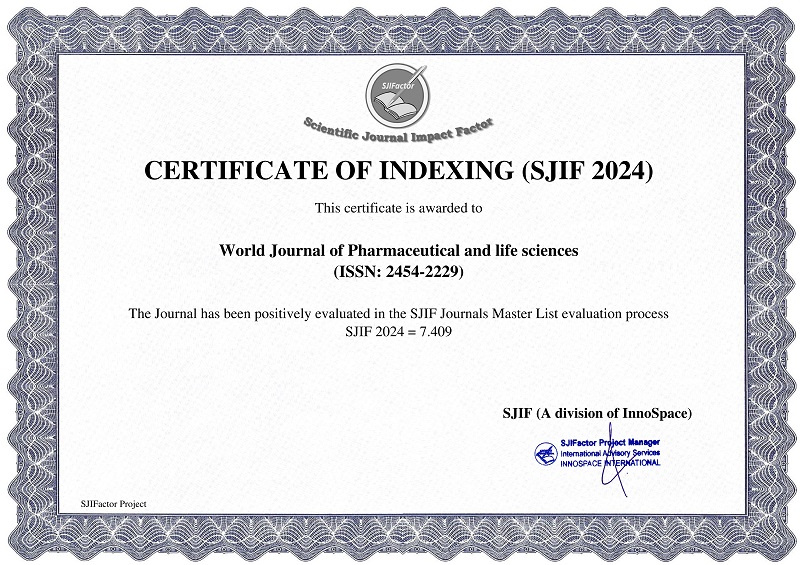Abstract
O157: H7 SEROTYPE OF ESCHERICHIA COLI AS AN IMPORTANT EMERGING ZOONOSIS
Dr. Tewodros Alemneh Engdaw* and Dr. Wudu Temesgen
ABSTRACT
E. coli is a Gram negative facultative anaerobic bacillus found in the family Enterobacteriaceae, is widely distributed as part of the essential intestinal flora that maintains the physiology of the healthy host. E. coli O157:H7 is one of the virulent strains of the pathogenic E. coli. It was emerged as a zoonotic problem in 1982 because of changes in agriculture and in food preparation. E. coli O157:H7 is resistant to acid, salts, and antibiotics. However, it is susceptible to heat. Low infectious dose, up to 10 organisms, is required to cause infection in humans. E. coli O157:H7 produces Shiga-like toxins (SLTs) and causes hemolytic-uremic syndrome (HUS), hemorrhagic colitis (HC), thrombotic thrombocytopenic purpura (TTP) type of diseases in humans. In animals it is most common in beef farms, but the clinical disease is less common. Cattle are the main reservoir of this zoonotic infection, and the disease is transmitted by fecal contamination of meat, uncooked beef, and unpasteurized milk and milk products. Diagnosis of E. coli O157:H7 infection involves culture, Biochemical tests, serological tests and polymerase chain reaction (PCR). Prevention of the disease is by proper hygienic and good management procedures in food processing starting from farm to the food processing environment.
[Full Text Article] [Download Certificate]WJPLS CITATION 
| All | Since 2020 | |
| Citation | 590 | 424 |
| h-index | 12 | 10 |
| i10-index | 17 | 14 |
INDEXING
NEWS & UPDATION
BEST ARTICLE AWARDS
World Journal of Pharmaceutical and life sciences is giving Best Article Award in every Issue for Best Article and Issue Certificate of Appreciation to the Authors to promote research activity of scholar.
Best Article of current issue
Download Article : Click here





